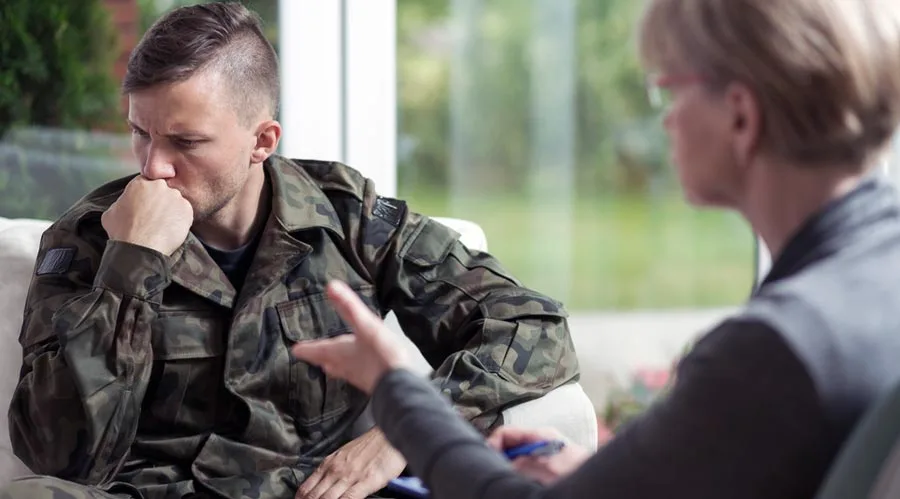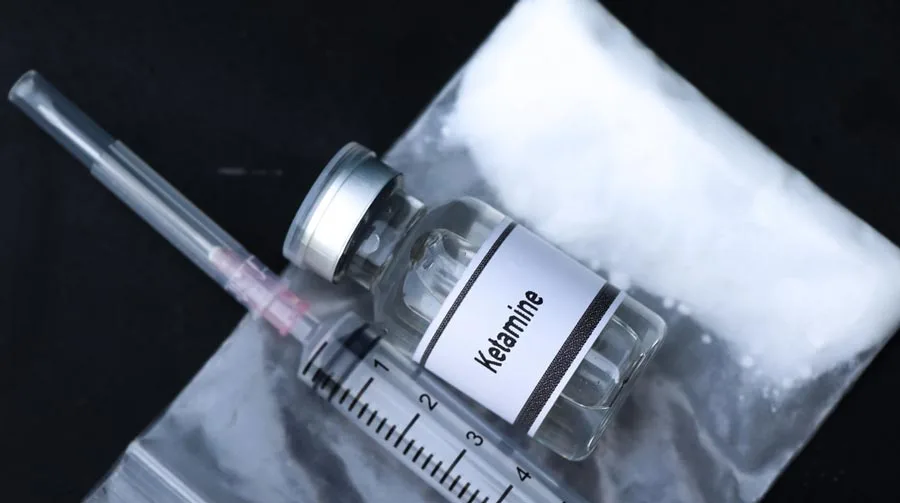Drug and Alcohol Detox Orange County
A Full Continuum of Addiction Treatment Services
The South Shores Detox Difference
South Shores Detox offers the highest level of comprehensive treatment in a safe and therapeutic environment in beautiful Southern California.
Our facility is designed for your comfort and health; with comfortable beds, a private chef, a relaxing setting, and therapeutic activities such as surf therapy and yoga.
Our Beautiful Facilities
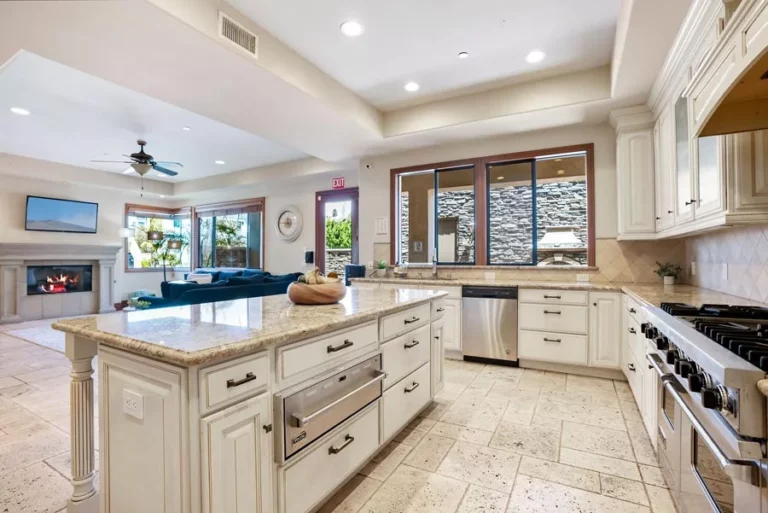
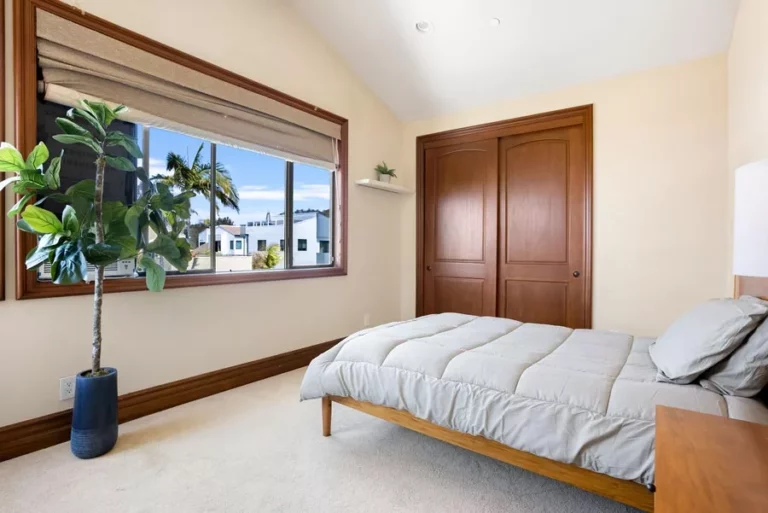
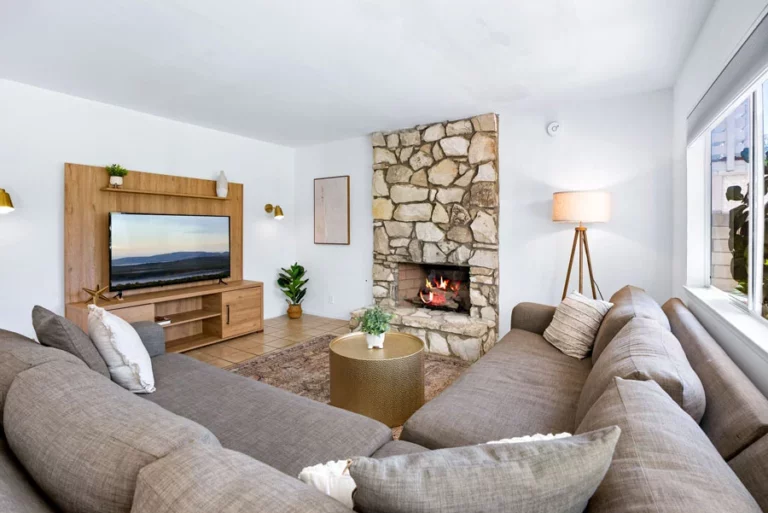
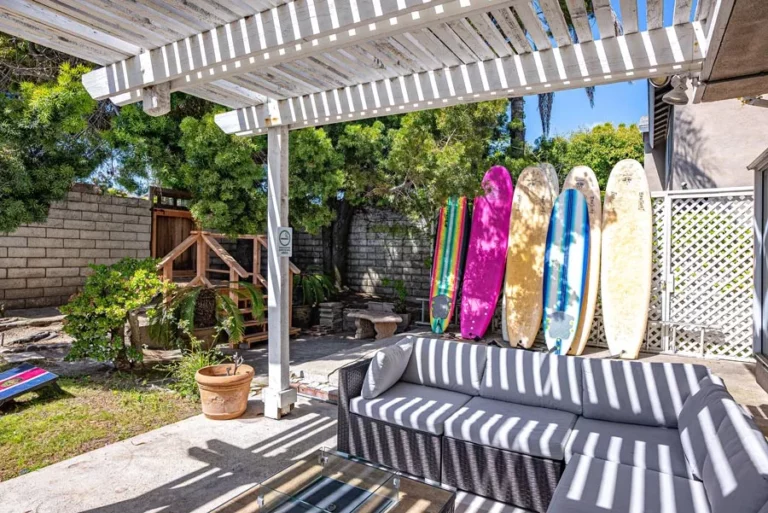
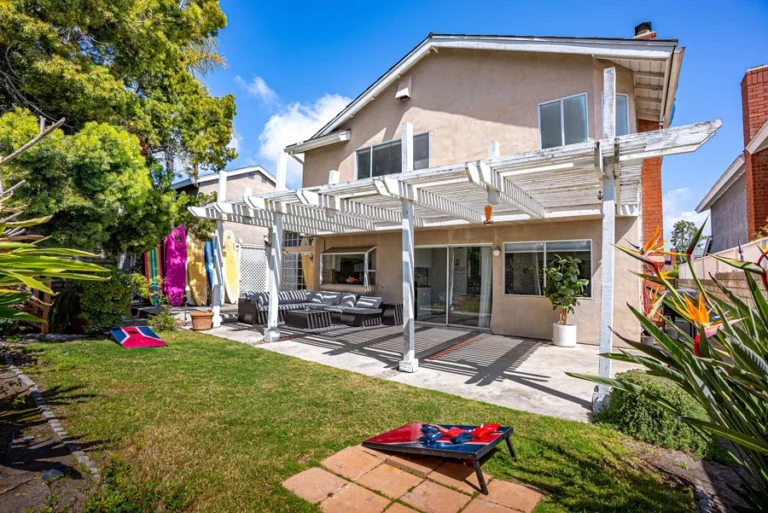
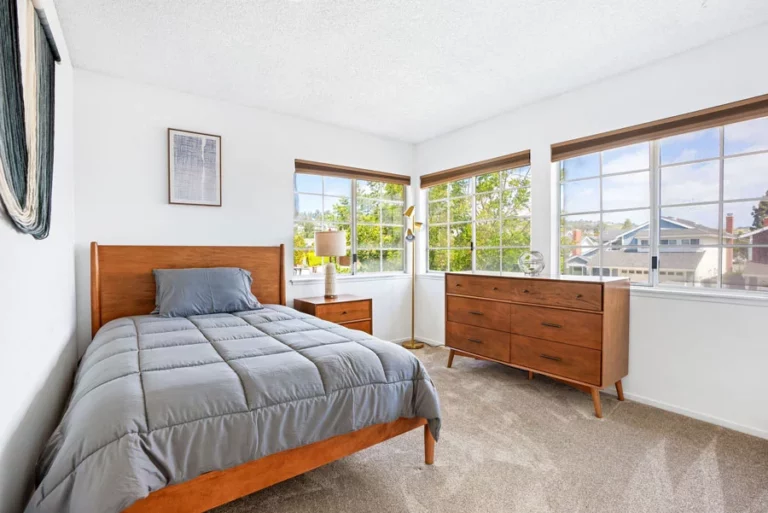
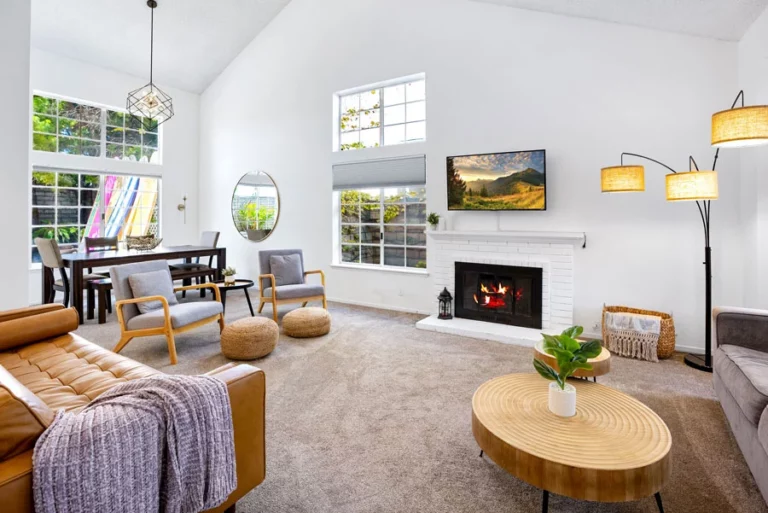
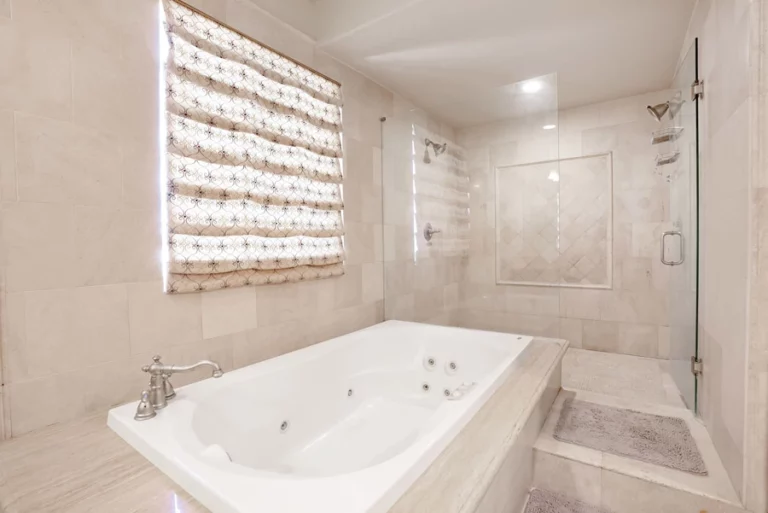
Our Mission
Join the recovery family at South Shores Detox in gorgeous Dana Point and you will soon find out for yourself why many consider us a top choice among Orange County drug rehab and alcohol rehab centers…
With outstanding therapists and a setting near the Sea, our aim is to rekindle your joy for life and help you connect with our thriving recovery community. No matter how severe your struggle is, we are waiting to help you find hope with open arms and hearts!
A Clear Choice for Orange County Detox & Inpatient Rehab
At South Shores, our mission centers on our clients. Every person that joins us deserves the best chance at lasting recovery from addiction and mental health issues possible. Our team knows that addiction forms a progressive and often fatal disease. When you join our recovery family, we will be with you every step of the way in finding a new way to live.
Our detox and treatment facilities are convenient to Santa Barbara, San Diego, the extended Los Angeles metro area. Our immediate surroundings include:
- Huntington Beach
- Dana Point
- San Juan Capistrano
- San Diego
- Greater Los Angeles
- Newport Beach
- Anaheim
- Laguna Niguel
- Santa Ana
- San Clemente
- Irvine
- As well as many other towns and cities within Orange County, CA.
South Shores Detox and Recovery is simply the clear choice for medical detox and treatment in Southern California.
- Many forms of PPO and HMO insurance accepted
- Fast and Confidential verification of insurance coverage
- Holistic approaches: With yoga therapy, one-on-one and group therapy in addition to surf therapy (as desired)
- Access to our clinicians, doctor and fully trained nurses 24/7
Rehab vs Detox in Orange County
A medical detox forms a controlled elimination of toxic substances from the body. Whether you are struggling with drugs or alcohol, or both, it is necessary to strip your physical dependence.
The time needed to effectively detox depends on the substances involved. The complete detoxification process typically varies from 3 to 10 days. While in detox at South Shores, your body will go through withdrawals as comfortably as possible, and any medical attention and medication assistance will be provided on-site.
Some of the many benefits of alcohol and drug detox include:
- Greater sense of satisfaction in daily life
- Better handling of stress and lessened anxiety
- A stronger immune system and overall health
- Reduce physical cravings for drugs or alcohol
Inpatient Rehab in Orange County
Residential or inpatient treatment at South Shores usually comes after the detox process, depending on needs and client history. Typically, inpatient addiction treatment is attended for 30 days. Although not required following detox, residential care is encouraged so that clients can better achieve and hold onto lasting sobriety.
With the South Shore approach, our clients receive treatment for the underlying causes that often cause and worsen addictive behaviors. Upon Admission, our clinical staff create individualized treatment plans for each and every client. Just a sampling of our services include:
- Psychiatric attention and counseling
- Relapse prevention techniques and aftercare planning
- Family and group therapy settings
- Trauma-informed individual therapy sessions
- Providing resources and encouraging development of sober supports
- Life skills training and life coaching as desired
- Surf therapy and recreational activities to rekindle joy at living
Are Detox and Rehab Both Necessary?
It is always your choice to complete both detox and inpatient treatment. However, our Orange County detox and rehab offerings are complementary, and our team recommends both detox and residential for many clients.
Through progression from medical detox to inpatient treatment, our clients better eliminate physical dependence on drugs and/or alcohol as well as any psychological reliance. This approach can better help you achieve lasting results and cope with craving and relapse triggers. In our experience over many years, South Shores has witnessed amazing long-term sobriety and success achieved by taking the time for both detox and rehab.
Why Choose South Shores for Detox and Rehab?
Orange County, San Juan Capistrano, and Dana Point are great places to recover from addiction and the struggles it can create. From the sea and surf to our thriving recovery community, we believe that detox in Orange County, and at South Shores in particular, offers a ton of benefits.
At South Shores, our detox and addiction treatment facilities offer the comfort and personal attention you deserve on the start of your recovery journey and our expert staff will walk with you every step of the way.
Make the choice for responsive treatment that takes your needs into account and reach out for a confidential consult today!
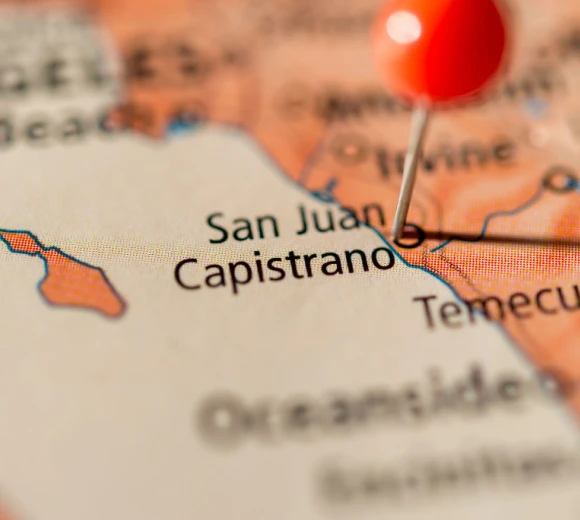



Insurances Accepted
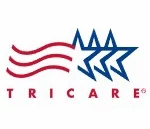
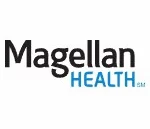

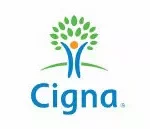
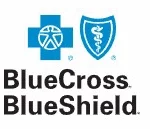
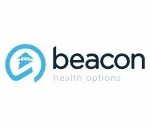
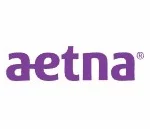


Insurance Verification
Our Happy Clients
South Shores saved my life and helped me get back to being the person I knew I could be. The staff is amazing, they really understand how hard addiction is and are there to help every step of the way. I didn’t know my life could be this amazing in sobriety. From the bottom of my heart, thank you. If you are on the fence about going to treatment, just go and give it a chance, the life you’ve been dreaming of is possible.
I had never heard of South Shores Recovery before reaching out desperate. I have been to more than a dozen other facilities across California and the country, but this one made the difference. Their councilors really listened and helped me decide a path for being sober that made sense to me. I am still clean today, and that is the biggest endorsement I can give!
